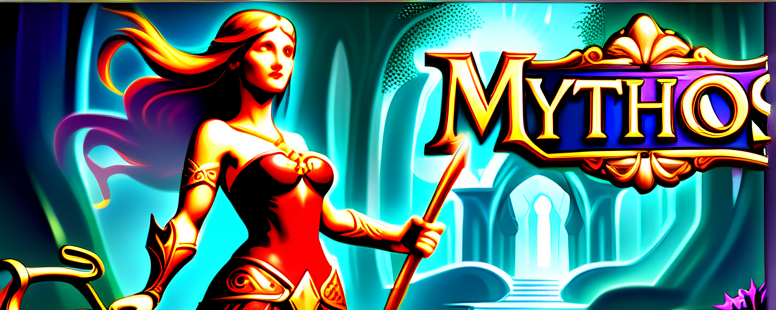-
In Greek mythology, Demeter, daughter of Cronus and Rhea, personifies the bountiful Earth, overseeing agriculture, harvest, and fertility. As the sister of Zeus, her grief over the abduction of her daughter, Persephone, shapes the seasons.
-
Demeter’s sorrow during Persephone’s stay in the underworld results in winter, and her joy upon the reunion ushers in spring. Revered as the bringer of abundance, Demeter’s symbols include the sheaf of wheat and the poppy.
-
The Eleusinian Mysteries, secretive rituals held in her honor, emphasized renewal and the afterlife. Demeter’s influence extended beyond Greece, as the Roman counterpart Ceres and her associations with the cycles of nature underscored her enduring significance in ancient and agricultural societies.
6. Demeter: The Goddess of Harvest
Name:
Demeter
Role:
Goddess of harvest, agriculture, and fertility
Family:
Daughter of Cronus and Rhea, sister of Zeus
Symbols:
Sheaf of wheat, poppy
Significance:
Influence on seasons, associated with the Eleusinian Mysteries



